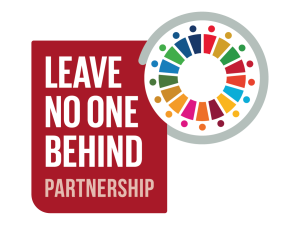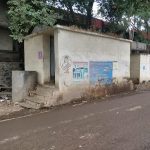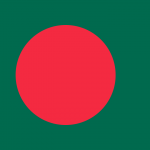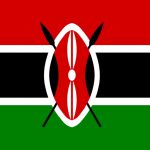The Leave No One Behind coalition in India is headed by the national campaign Wada Na Todo Abhiyan, a platform that brings together 4.000+ civil society organisations across India.
Current members (July 2024) are:
- Amnesty International India
- Centre for Social Equity and Inclusion – CSEI
- Human Rights Advocacy and Research Foundation – HRF
- Islamic Relief Worldwide
- Life Education and Development Society – LEADS
- Oxfam India
- Save the Children India
- Sightsavers India
- Wada Na Todo Abhiyan – WNTA (Lead)
- World Vision India
- Youth United for Voluntary Action – YUVA
The country coalition has delivered a project pilot, focussing on 20 social groups including: scheduled and vulnerable caste and tribe communities; nomadic tribes; vulnerable children, young people and elderly; transgender people; bonded labourers; urban poor; fisherfolk; people with disabilities; religious minorities and vulnerable women. Target SDGs were SDG 1-8, 10, 11 and 16.
The scaled up project aimed to empower CSOs/CLOs/CBOs and socially excluded vulnerable (SEV) communities to achieve critical SDGs through evidence-based advocacy. Following the community-led data generation process on SDGs for 35 SEV communities under the “100 Hotspots: Snapshot of socially excluded vulnerable communities and SDGs in India” during 2018-19; WNTA identified six critical communities (hotspots) comprising 600 households – to map their recommendations for SDGs achievement in the ‘decade of action to deliver the goals’. This was followed by capacity building of the CSOs and community champions to take up advocacy at local sub-national and national levels.
Key achievements include:
– Developing a prototype data dashboard with community-generated data (CGD) from six communities, with plans for expansion. This dashboard provides an integrated view of community data and relevant SDGs, providing insights into each community’s status and alignment with the goals.
– Produced a video showcasing our coalition’s work with marginalised communities and CGD, highlighting the importance of bottom-up approaches to policymaking. The video aims to challenge the exclusivity of policies based solely on macro-level data.
At the national level, our achievements include:
– Moderating a panel at the Kigali Dialogue 2022, engaging stakeholders, including the Government of India, on inclusive development goals and bottom-up implementation strategies.
– Participating in the Global Forum for National SDG Advisory Bodies in Cape Town, where we highlighted our work with community-driven data and monitoring.
Direct beneficiaries of the project include the six communities that contributed to the dashboard, the 14 communities featured in the video and the 35 communities engaged through social media. Indirect beneficiaries include all marginalised communities whose data could potentially be included in the dashboard.
The efforts have been recognised by both the Government of India and the UN, particularly through the work on India’s Voluntary National Review (VNR) 2020 and a UNICEF-supported community-based monitoring project. The country teamwork has been recognised as an ‘SDG good practice’ on the UNDESA website. In addition, the coalition is actively engaged in global development forums to promote the LNOB agenda and citizen-generated data initiatives. We’re currently in discussions with the UN Resident Coordinator’s Office and the Ministry of Statistics and Programme Implementation to explore how citizen data can improve the inclusivity of the country’s census, particularly in relation to people with disabilities.














 Our Target SDGS in India
Our Target SDGS in India





